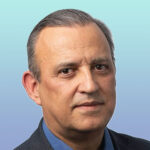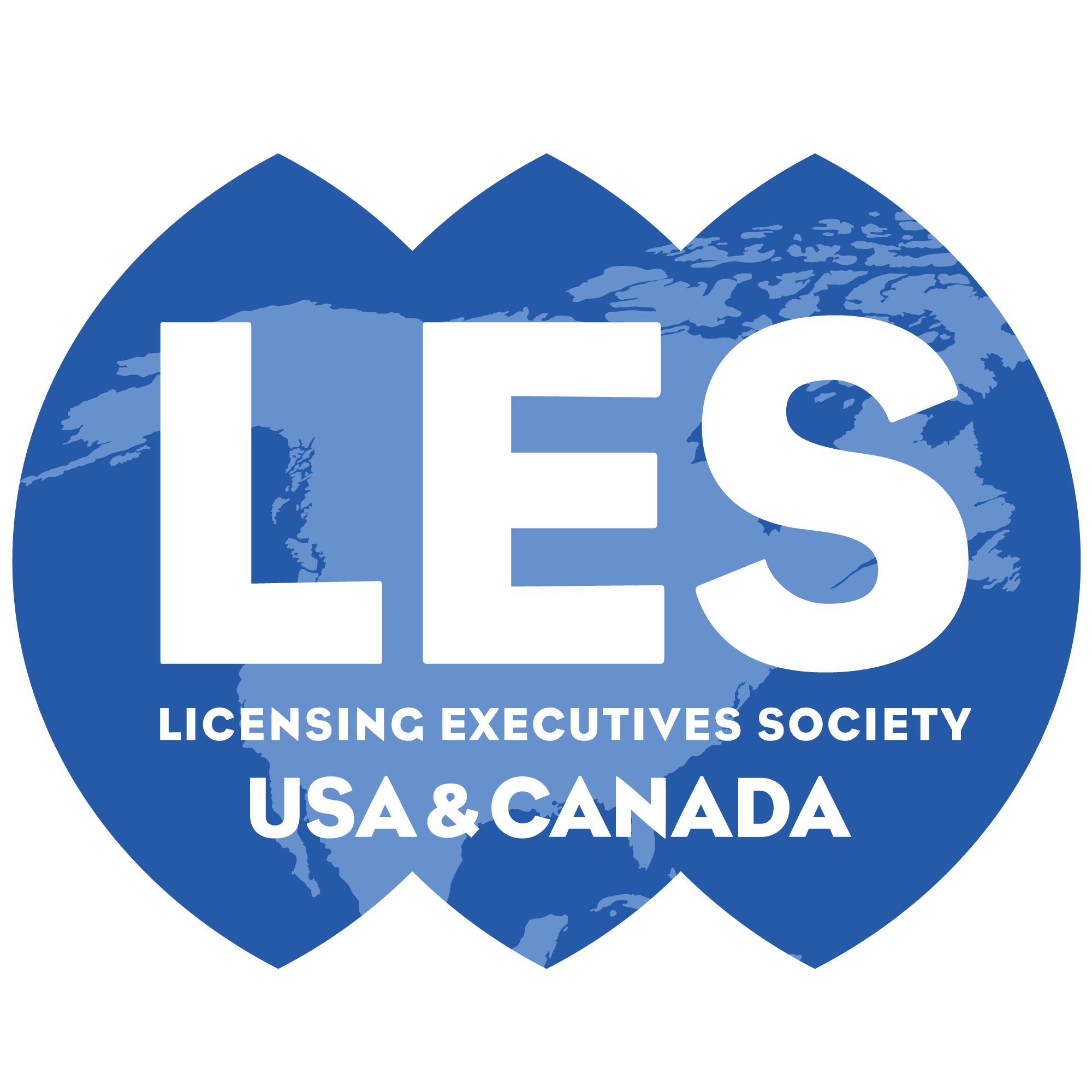
Dr. Fabio Almeida, is a Senior Commercialization Manager with the Innovations & Partnerships Office at the University of Toronto in Canada. His areas of expertise are electronics and photonics, energy systems, robotics, materials and devices, sensors and instrumentation, and quantum technologies.
He works with researchers, students, entrepreneurs and investors to commercialize the University’s intellectual property, from the evaluation of early-stage technologies and IP protection to marketing and IP licensing. He also mentors technology-based start-ups, advising on business models, product and customer development, and team structuring and financing.
He holds a Ph.D. in physics (nanotechnology) from the University of Cambridge, an Executive M.B.A. from the University of Toronto, an M.Sc. in Physics (optics) from UFMG in Brazil, and undergraduate degrees in physics and electronics. He worked on the research of magnetic materials and semiconductor devices at Penn State University and McMaster University in Canada. For over a decade, he managed industrial R&D of electronic consumer products for safety, security, and air quality monitoring in public and private corporations.
Dr. Almeida joined LES in 2005 and is also a member of AUTM, IEEE and OPTICA. He has served on advisory panels to the Ontario government, on the Board of Directors of the Ontario Photonics Technology Industry Cluster, and as chairperson of the IEEE Toronto Instrumentation & Measurement Society.
Q: What motivated you to earn an Emerging Leader Certificate?
A: Fabio: When I first enrolled, I was interested mainly in the content of each LES course and later learned that I would be considered for the Emerging Leaders Certificate, a bonus! The first course on the Mechanics of Licensing was online, and I found it surprisingly interactive and an exceptionally good overview of licensing issues. The other two more advanced courses dealt with the specifics and difficulties of valuing intellectual property related to early-stage technologies.
Q: How has LES contributed to your career development?
A: Fabio:After leaving academia to become an R&D Manager for a publicly traded electronics manufacturing company, I was tasked with setting up the R&D group, building the company patent portfolio, and dealing with licensing. These areas were not part of my academic training, and the learning curve was steep. At that time, a patent lawyer mentioned LES to me, but it wasn’t until ten years later, when I joined the University of Toronto Innovations Foundation, that I attended my first LES Conference. I learned the role the LES plays in educating IP practitioners, and I started reading LES publications.
Q: What did you like about the education classes that you took?
A: Fabio: The courses were detailed and interactive, which fit well with my learning style. I was impressed by the knowledge of the course instructors and the relevance of the subjects for my work on commercializing technologies coming from university labs.
Q: Can you give us an example of something you learned through LES that helped you professionally?
A: Fabio: My great interest is in developing quantitative methods (beyond the standard ones) to value very early-stage technologies. When visiting research labs, I am often presented with an embryonic technology and asked how much money it will make, even though no one yet knows what the product might be. It’s as if I’ve been given a handful of apple seeds and asked to estimate future revenue without knowing the apple type, the quality of the seeds, average rainfall over the next decade, etc.
One of the central concepts I learned in my LES courses was the importance of defining up front what the license business model is – IP licensing, software Product, or physical product. This contrasts sharply with the licensing model used in academia where the license of an embryonic technology from a university lab is always the IP. This insight clarified the key differences between present approaches and valuation methods that could yield more consistent results, covering all areas of knowledge and technology stages of development.
Q: What do you do in your free time?
A: Fabio: I am married to a fellow physicist and have two children in their late twenties, one in grad school and the other working in high-tech. We travel whenever possible, mainly in Canada and Brazil, and intend to visit Italy soon. We like walking in the woods in rural Ontario and growing our own vegetables during the summer. I have played and coached soccer and enjoyed ballroom dancing. I like to read about scientific and technical developments, economics and international affairs, history of technology, and philosophy of science.

Get Social